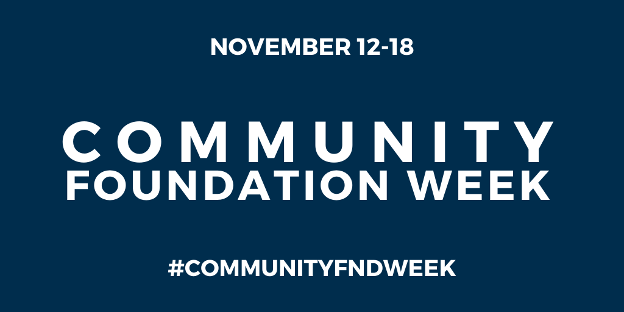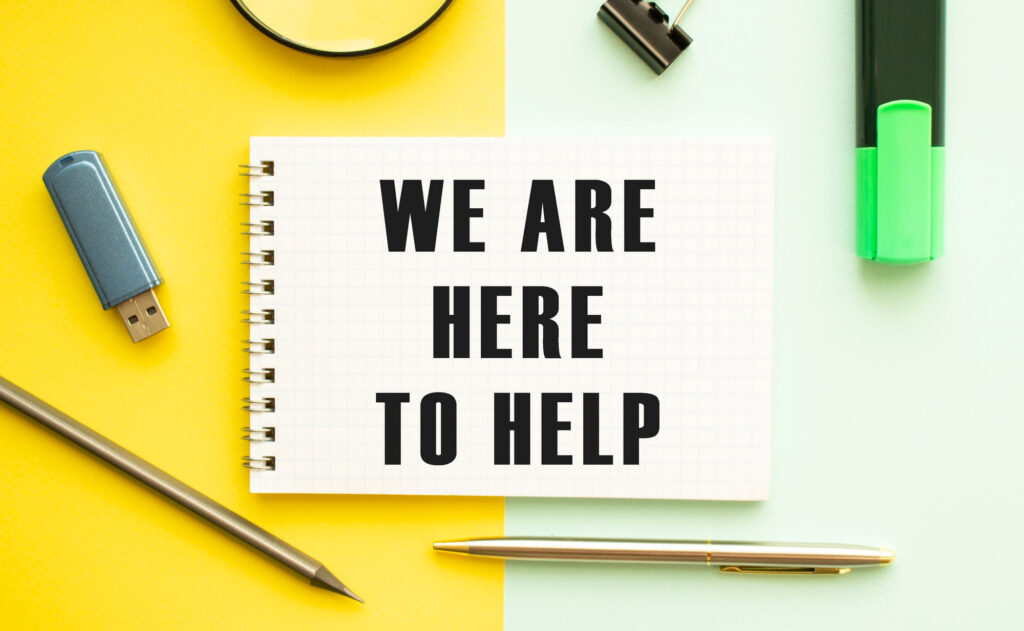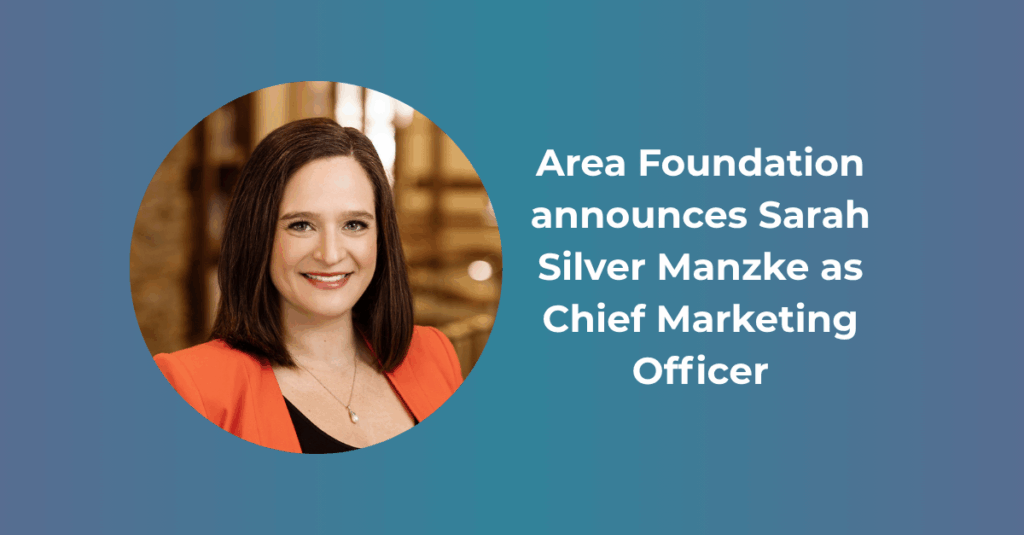Five years ago, if I was told I would be working in philanthropy, I would have likely stood in disbelief.
That is not due to my lack of appreciation for the field, but rather because my vision for affecting change looked quite different at that time. I have always been interested in activism and positively affecting the world around me. However, it was not until recently that I realized I could contribute to that change through philanthropy.

Recently, I had the opportunity to participate in the Bridging Differences Leadership Cohort hosted by the Council on Foundations. The opportunity allowed me to engage in dialogue with other professionals from the public sector while engaging with course material that explored the science behind bridging differences in our respective communities.
The cohort has allowed me to build connections that go beyond my work with the San Antonio Area Foundation’s Scholarships Program and reflect on what makes philanthropy so special. My involvement with COF is particularly timely, given that we’re now in Community Foundation Week, originally started by former President George H.W. Bush in 1989.
Philanthropy has the unique opportunity to bridge differences in ways other sectors of society do not. It can take calculated and sustained risks by supporting programs and respective issues that our political and corporate counterparts cannot. Because the sector is unaffected by short-term electoral cycles, philanthropy can affect concrete change.
For instance, the San Antonio Area Foundation has supported countless efforts that have made a lasting impact throughout the community. Our vision at the Area Foundation is to close opportunity gaps for those who need it most. Therefore, the Area Foundation leads in its ability to bridge differences in the community via hundreds of nonprofits we fund and support.
The Area Foundation is conscious of the inherent power imbalance that has been perpetuated between funders and grantees. However, through our work, I have seen a paradigm shift in how power is distributed. This is partly due to the legacy of the bridge- builders before me who have recognized how inequitable the historical funder-grantee relationship has been.
Historically, grantees have not had the opportunity to substantially articulate their story and the needs of their community. Now, there is a conscious effort to ensure voices of the community are not only heard but also leading the conversation. What I have described is trust-based philanthropy, but it is more than a means to redistribute power. It is a mechanism for bridging differences.
Through cultural competency, communication, collaboration and mutuality, the Area Foundation ensures representation, transparency, and diversity in the issues it supports. For instance, the Thrive Youth Center, a grantee of the Area Foundation, is the only LGBTQIA+ homeless shelter in San Antonio and South Texas.
The center aims to ensure LGBTQIA+ homeless youth are allowed the inherent rights and privileges any human being 18-24 is afforded. Because the Area Foundation recognizes the importance and need of supporting such an organization, Thrive is not only able to sustain its mission but also to highlight its work in a way it would not have been able to previously.
Philanthropy can look beyond the noise and address the key issues at hand. Whether it is providing emergency funds during a global pandemic, funding need-based programs or ensuring marginalized voices have a seat at the table, philanthropy can quell mistrust and guide society toward a more harmonious collective.
Philanthropy can be a tool for changes in ways I could not have imagined years ago. In fact, we can follow philanthropy’s example and look past our contentiousness to build bridges. In doing so, we become a better people.
Janet N. Ekezie is Junior Associate, Scholarship Programs at the San Antonio Area Foundation.


Our hearts are with the Kerrville community following the devastating flooding.
Please consider making a donation to help our neighbors rebuild by clicking here.